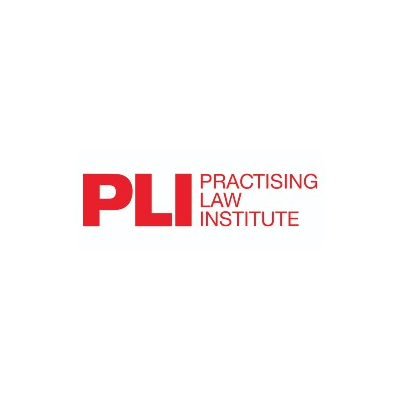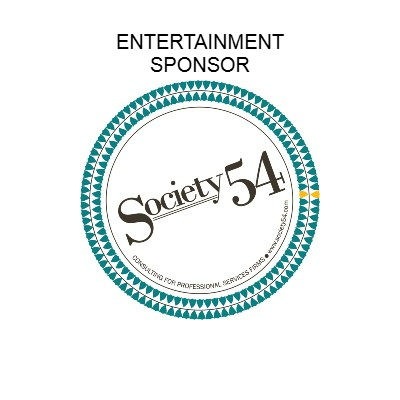J. Harris MorganJ. Harris Morgan of Greenville, Texas, died on February 22, 2010. Harris was a Charter Fellow of the College of Law Practice Management and served as a Trustee from its founding in 1994 until 2001. Before that, he was a true pioneer of law practice management, a legendary figure in Texas, for other state bars and for the American Bar Association. Simply listing his lifetime achievements shows us his contribution as innovator, leader and evangelist for law practice management. He was literally a founding parent of law practice management. Harris was born in 1926 in Greenville, Texas, the child of the town’s most prominent lawyer. He attended the University of Texas for undergraduate studies and the University Law School. He built a flourishing practice in Greenville as a domestic relations and personal injury lawyer. His work in law practice management started in 1966—no, that date is not a typo. Texaswas ahead of other states in improving the practice of law, and Harris was at the centre of its “Professional Efficiency and Economic Research Committee.” He travelled all over the South, talking to bar groups large and small about managing their practices. His presentations were splendidly practical. He had served as President of his County Bar Association in 1960 and of the North Texas Regional Bar the following year. At the national level, he was Co-Chairman of the Economics Committee of the ABA’s General Practice Section. The Economics Committee was the precursor of the Law Practice Management Section, which Harris later chaired in 1976. His writing was prolific, and he was generally the first in the field. The Texas Bar Press published his “Introduction to the Efficient Practice of Law” in 1966, and he was writing on legal fees and collections and the use of precedent forms as early as the early seventies. He thought of the classic title of a piece that lawyers had to read, “How to Draft Bills Clients Rush to Pay,” transforming it from a 1985 magazine article into a book that went through two editions. Harris was honoured again and again – he received the Certificate of Merit in 1965 and 1966 from the State Bar of Texas for services to the profession and received the President’s Award in 1967 in appreciation of his most outstanding service to the legal profession in Texas. In 1980, he received the Harrison Tweed Award from the Association of Continuing Legal Education Administrators “for singular contributions in teaching delivery of legal service skills to the legal profession.” Harris was also honoured by State Bar of Texas with the Gene Cavin Award for excellence in teaching, with ACLEA’s Harrison Tweed Award, as the “Worthy Citizen of Greenville” by the Greenville Chamber of Commerce in 1989, and as the ABA’s Young Lawyer Division’s Small Town Lawyer of the Year.In 2001, he received the Outstanding 50 Year Law Award from the Texas Bar Foundation, the Donald C. Rikli Lifetime Achievement Award from the ABA’s General Practice, Solo and Small Firm Section, and the Sam Smith Award from the ABA’s Law Practice Management Section. I first met Harris at an ABA event in Dallas in 1989 and marveled at his ability to connect with an audience. He captured them like an experienced evangelist, using his finely honed oratorical skills and the most basic of props. Harris carried around with him battered cardboard charts with the fundamental points written in huge type – he placed them on an easel at the front and kept pointing to the key messages. I recall remarking to Fellow Rick Rodgers that I was surprised Harris wasn’t using acetate overheads or even computer programmes like Harvard Graphics (which was the Eighties forerunner of PowerPoint). Rick reminded me that Harris knew all about tricks like those, but knew that the audience wouldn’t react well to them and that the charts were reliable but technology was not. Harris’ battered boards were all he needed. And they travelled all over the country. Harris enjoyed a wonderful reputation in his community. I hadn’t realized that his first love was classical music and that he was instrumental in bringing symphony and pops concert series to Greenville, serving as chairman of the board of directors of both the Greenville Entertainment Series and the Dallas Symphony Orchestra Series in Greenville, and persuading the Dallas Symphony Orchestra to play three concerts a year in Greenville, for the last thirty five years. When the College of Law Practice Management was founded sixteen years ago, it was natural that Harris would be one of the key individuals in its birth. He was a natural, a founding Fellow, and a founding Trustee. I served with him for three years and remember him as warm, informed, smart and generous. Everyone in the College will miss Harris, a real gentleman. I still end many talks to practising lawyers with Harris’ legendary words: “just begin – the rest will be easy.” As Jim Calloway put it so well when he was inducted into the College, “The most humbling part for me was being nominated by two icons of law practice management, both with ABA LPM Lifetime AchievementAwards, Texas lawyers Jimmy Brill and J. Harris Morgan. If there was a Mount Rushmore of Law Practice Management, these two gentlemen would have their faces carved on it.” Harris is survived by his wife, Barbara, of Greenville; his two sons and a daughter, six grandchildren and six great-grandchildren. We mourn, with them, the passing of a great man. — Simon Chester Jim Calloway honored J. Harris Morgan with this In Memoriam article in ABA Law Practice magazine, May/June 2010. |


















